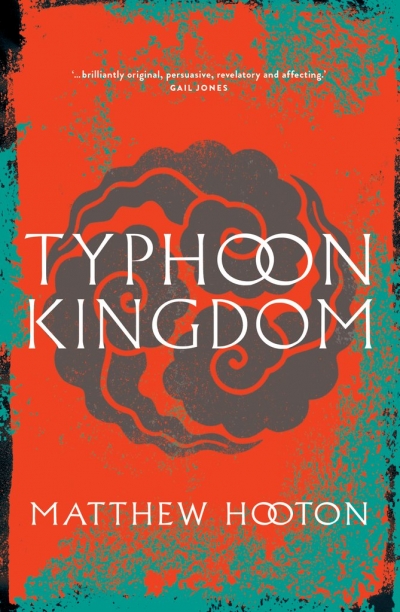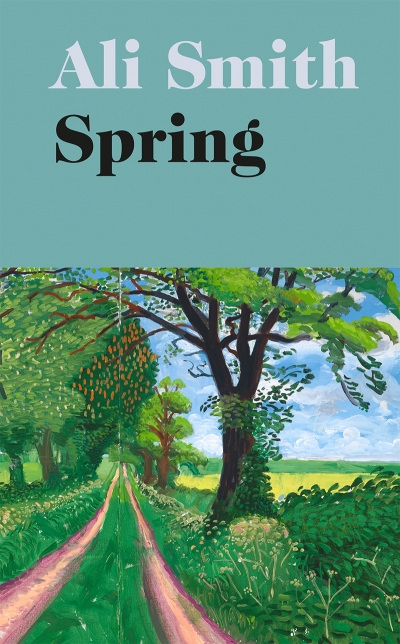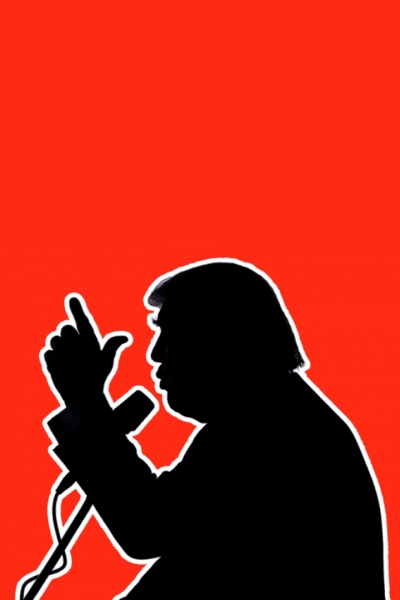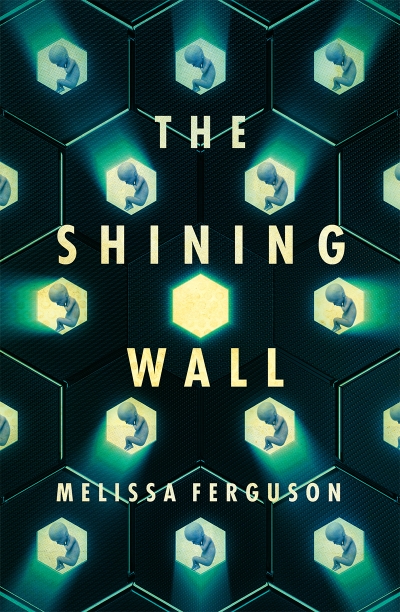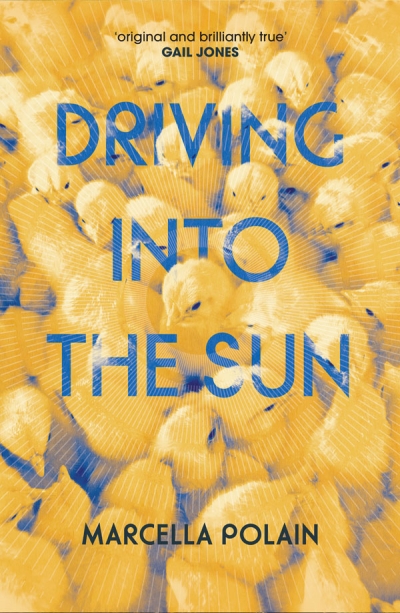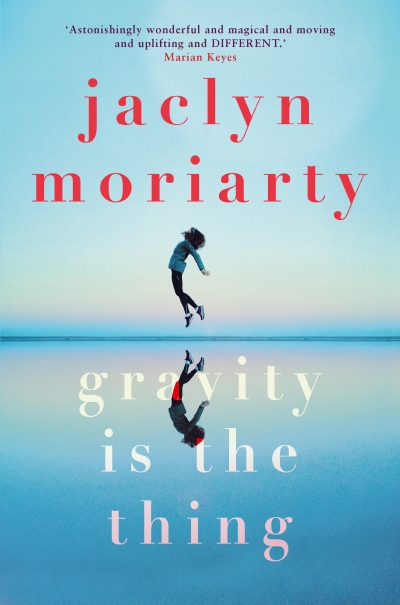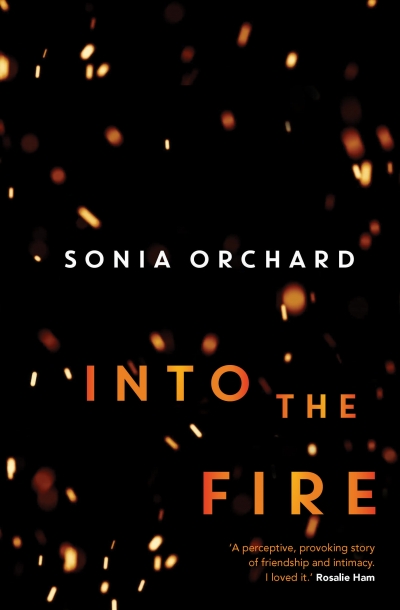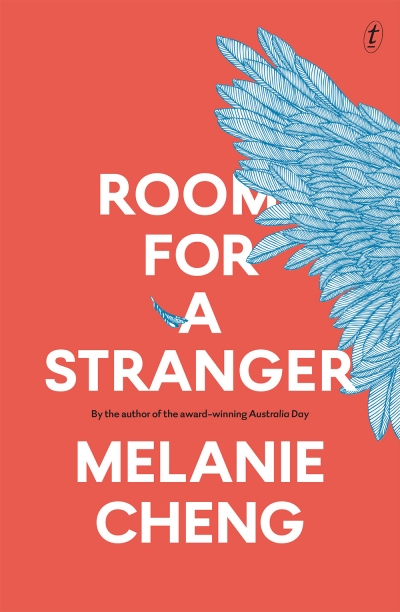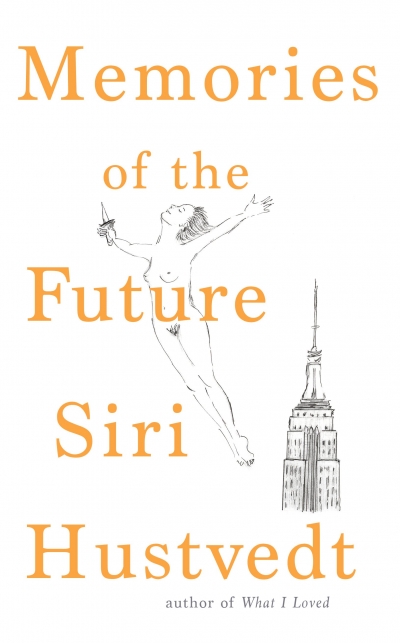Fiction
When truth is stranger than fiction, fiction is a potent source of truth. In the first week of the Trump administration, sales of 1984 increased by 9,500 per cent, catapulting George Orwell’s sexagenarian novel to the top of global bestseller charts. As Kellyanne Conway recast White House lies as ‘alternative facts’ ...
... (read more)In Melissa Ferguson’s impressive sci-fi début, wealthy, tech-enhanced Homo sapiens cordon themselves off behind a shining wall. In the desert outside their City (‘City 1’), ‘Demi-Citizens’ live in slum conditions, riddled with disease, hunger, and mistrust ...
... (read more)In Driving Into the Sun, Marcella Polain – winner of the Anne Elder Award, the Patricia Hackett Prize, and more – has done an excellent job of capturing the inner emotional landscape of a young girl growing up fatherless in Perth’s outer suburbia in the 1960s ...
... (read more)The first thing one notices about Jaclyn Moriarty’s Gravity Is the Thing is its narrative voice: distinctive, almost stylised. Exclamation marks, emphasised words in italics, a staccato rhythm, and clever comments in parentheses add up to a writing style sometimes deemed quirky ...
... (read more)The American writer bell hooks had characterised the 1990s as a period of ‘collusion’ between well-educated white women and the capitalist patriarchy (Where We Stand: Class matters, 2000). The new workplace gave these women greater economic power but curbed their ...
... (read more)What does it mean to live in a place but never to fully belong to it? How does our capacity for intimacy alter when we are in exile? How do we forge an identity among haphazard collisions of cultures and histories? These are the questions that Melanie Cheng ...
... (read more)The plethora of crime stories is such that, in order to succeed, they must either follow a well-trodden narrative path and do so extremely well, or run with a high concept and hope for the best. Having the word ‘girl’ in the title doesn’t hurt. Readers are familiar with genre tropes ...
... (read more)Siri Hustvedt’s latest novel, Memories of the Future, weaves together three distinct threads. The overarching narrative, set in the recent past, unfolds contemporaneously with the book’s composition. It consists of the reflections of a writer with the mysterious initials SH ...
... (read more)

